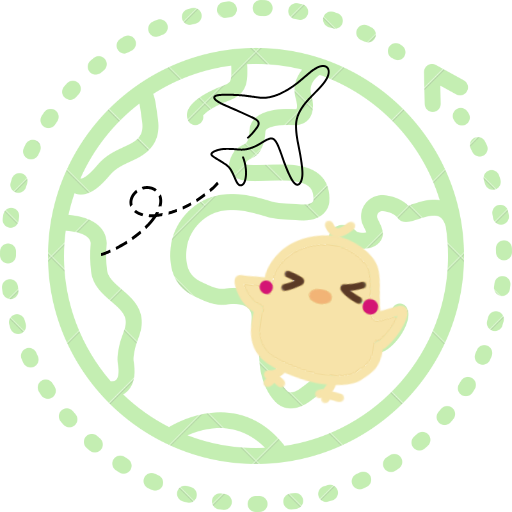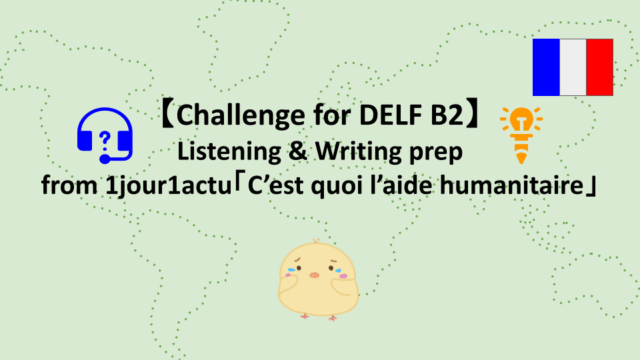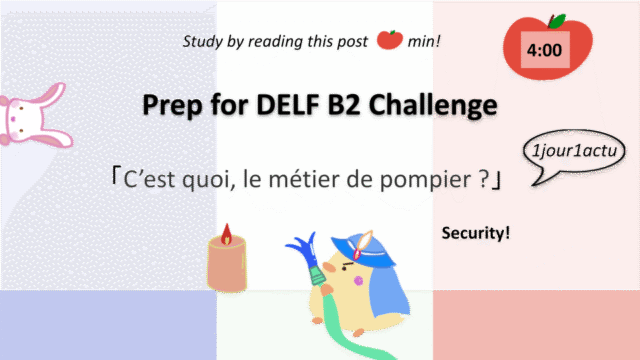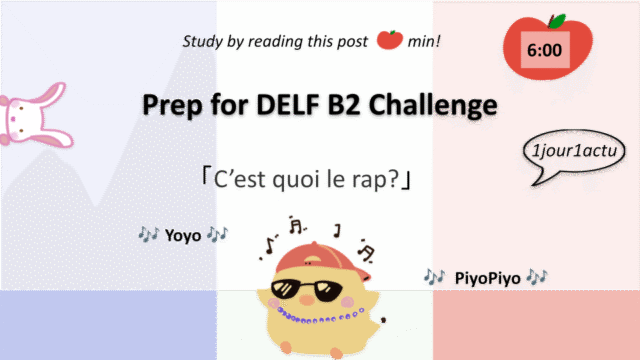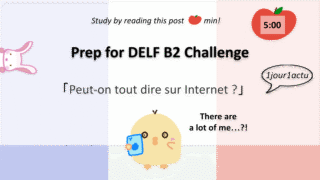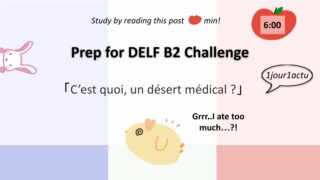【DELF B2 Prep】What Does an Oceanographer Really Do? | 1jour1actu𓇼 ⋆.˚ 𓆉 𓆝 𓆡⋆.˚ 𓇼
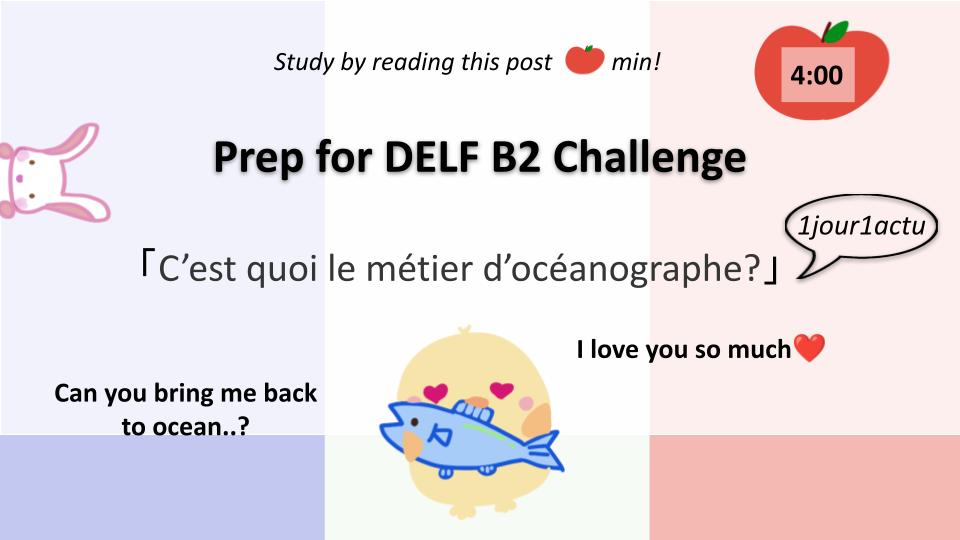
This post is 4 minutes read time. Aiming for studying by just reading!
My DELF B2 Preparation Blog – Listening & Writing Practice
Learning French Through Real Topics: C’est quoi le métier d’océanographe?– 1jour1actu
This article introduces the role of an oceanographer — a specialist who studies the oceans, marine life, and their impact on the planet. It’s an ideal topic for DELF B2 learners, combining environmental vocabulary, technical professions, and advanced sentence structures commonly used in exams.
📌Today’s Key Sentence|Let’s read and understand the original
Il étudie et analyse les données recueillies lors de ses missions en mer ou alors il prépare ses prochaines expéditions.
Translation 👉 :
He studies and analyzes the data collected during his sea missions or prepares for his next expeditions.
🔍 Vocabulary & Grammar Breakdown
| French | Translation | Explanation |
|---|---|---|
| il étudie | he studies | Present tense of étudier |
| et | and | Coordination conjunction |
| analyse | analyzes | Present tense of analyser |
| les données | the data | Donnée = data point, les données = dataset |
| recueillies | collected | Past participle of recueillir, agrees with plural feminine noun données |
| lors de | during | Preposition meaning “during”, often used in formal/written French |
| ses missions en mer | his sea missions | mission = mission; en mer = at sea |
| ou alors | or else / alternatively | More formal than ou alone |
| il prépare | he prepares | Present tense of préparer |
| ses prochaines expéditions | his next expeditions | prochaine agrees with expéditions (f. pl.) |
📚Vocabulary Boost
| Expression | Meaning | Notes |
|---|---|---|
| l’océanographe | oceanographer | A scientist studying oceans |
| les fonds marins | the seabed | Often plural in French |
| un échantillon | a sample | Used in scientific context |
| un navire | ship | Formal/technical term |
| recueillir | to collect | Irregular verb, important for science contexts |
| lors de | during | Formal, often used in reports or scientific writing |
| veiller à | to ensure / watch over | Often followed by an infinitive |
| préserver | to protect/preserve | Synonym of protéger, more formal |
| ou alors | or else / or alternatively | Adds nuance and formality |
| le changement climatique | climate change | Core vocabulary for environmental topics |
🔧 Grammar Focus | Key Structures for B2
Structure: Participe passé accordé avec le nom (recueillies)
Meaning: Past participles used as adjectives or after passive-like structures agree with the noun they refer to.
Use in writing: Very common in formal texts, scientific reports, and passive constructions.
✅ Les données recueillies sont analysées au laboratoire.
➝ The data collected are analyzed in the lab.
🎁 Bonus Grammar Insight | How to Use “lors de”
Expression: lors de + nom
Meaning: during / at the time of
Register: Formal (often used in written or academic French)
✅ Lors de son expédition, il a prélevé des échantillons.
➡ During his expedition, he collected samples.
📌 Difference with “pendant”:
- Pendant is more common in everyday spoken French.
- Lors de is used more in formal contexts like reports, scientific documents, or news.
📘 Essay Expressions | Ready-to-Use Phrases
| French Expression | Example in French | English Translation |
|---|---|---|
| Il est essentiel de… | Il est essentiel de préserver les océans. | It is essential to preserve the oceans. |
| Ce métier consiste à… | Ce métier consiste à analyser des données. | This job consists of analyzing data. |
| En effet… | En effet, les océans produisent plus de 50 % de l’oxygène. | Indeed, the oceans produce more than 50% of oxygen. |
| À cause de… | Les océans souffrent à cause de la pollution. | Oceans are suffering because of pollution. |
🖋️ Practice Writing | Short Essay Prompt
Sujet :Penses-tu qu’il soit important d’étudier les océans ? Pourquoi ?
(Do you think it is important to study the oceans? Why?)
✍️ Model Answer (DELF B2 style):
🟦 Introduction
À notre époque, les océans jouent un rôle crucial dans l’équilibre de la planète. Pourtant, ils sont de plus en plus menacés.🟩 Développement 1
D’abord, les océans produisent une grande partie de l’oxygène que nous respirons. Les étudier permet de mieux comprendre leur fonctionnement et leur importance.🟥 Développement 2
Ensuite, l’activité humaine comme la pêche intensive ou la pollution a des conséquences graves. L’océanographie aide à trouver des solutions durables.🟨 Conclusion
Donc, il est essentiel d’étudier les océans pour les protéger et assurer l’avenir de notre planète.
Translation:
🟦 Introduction
Today, oceans play a crucial role in the planet’s balance. Yet, they are increasingly threatened.
🟩 Development 1
First, oceans produce a large part of the oxygen we breathe. Studying them helps us better understand their function and importance.
🟥 Development 2
Next, human activities like overfishing or pollution have serious consequences. Oceanography helps find sustainable solutions.
🟨 Conclusion
So, studying the oceans is essential to protect them and ensure our planet’s future.
✅ Test Yourself | Final Quiz
Q1. What is “un échantillon” in scientific French?
a) a sample
b) a chemical formula
c) a graph
Q2. Which of the following means “during” in formal French?
a) pendant que
b) quand
c) lors de
Q3. What is the correct translation of “veiller à préserver les océans”?
a) To admire the oceans
b) To ensure the preservation of the oceans
c) To avoid the oceans
Answer
Q1. a) a sample
Q2. c) lors de
Q3. b) To ensure the preservation of the oceans
